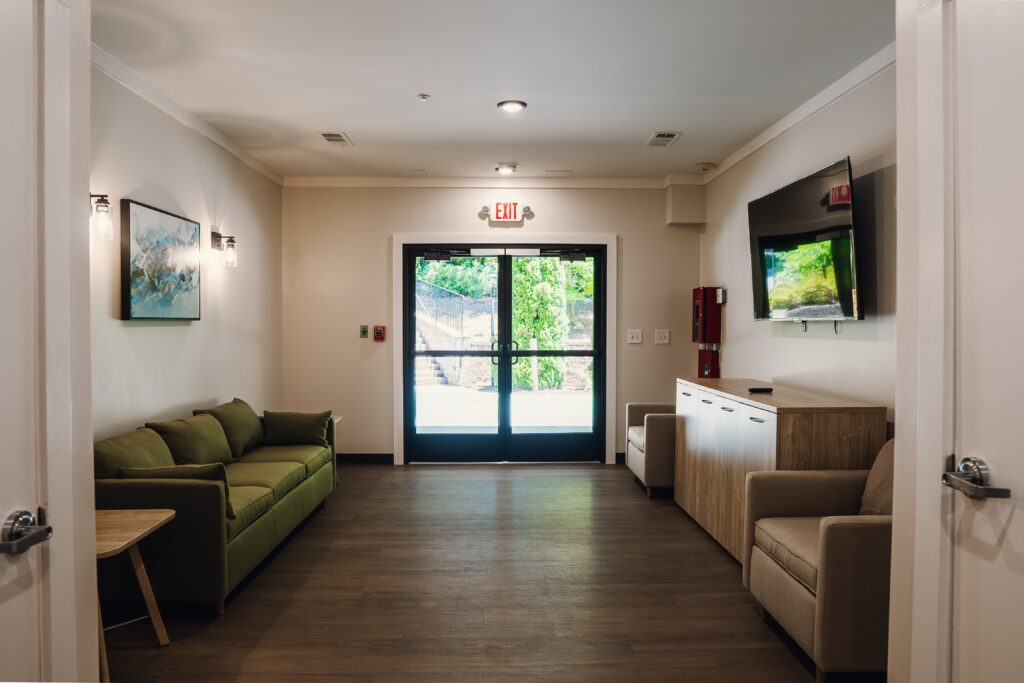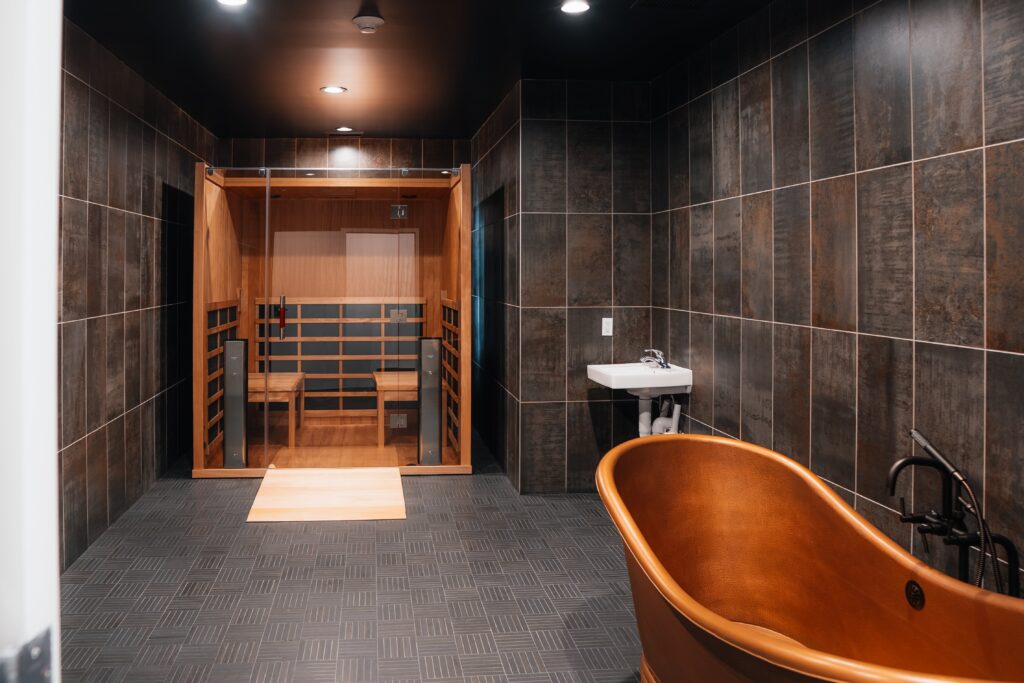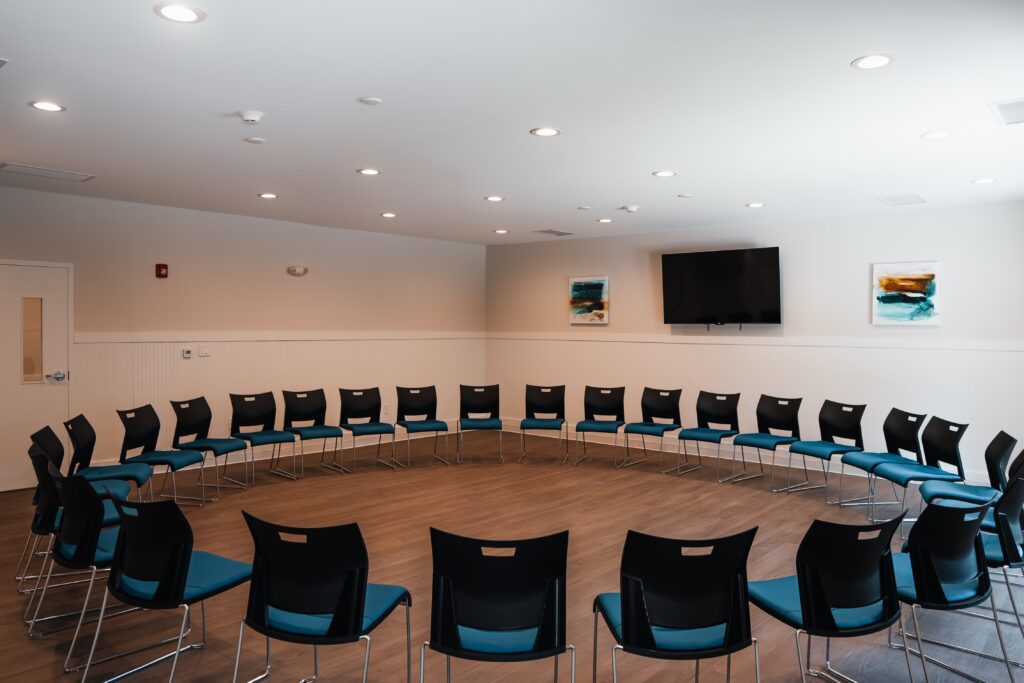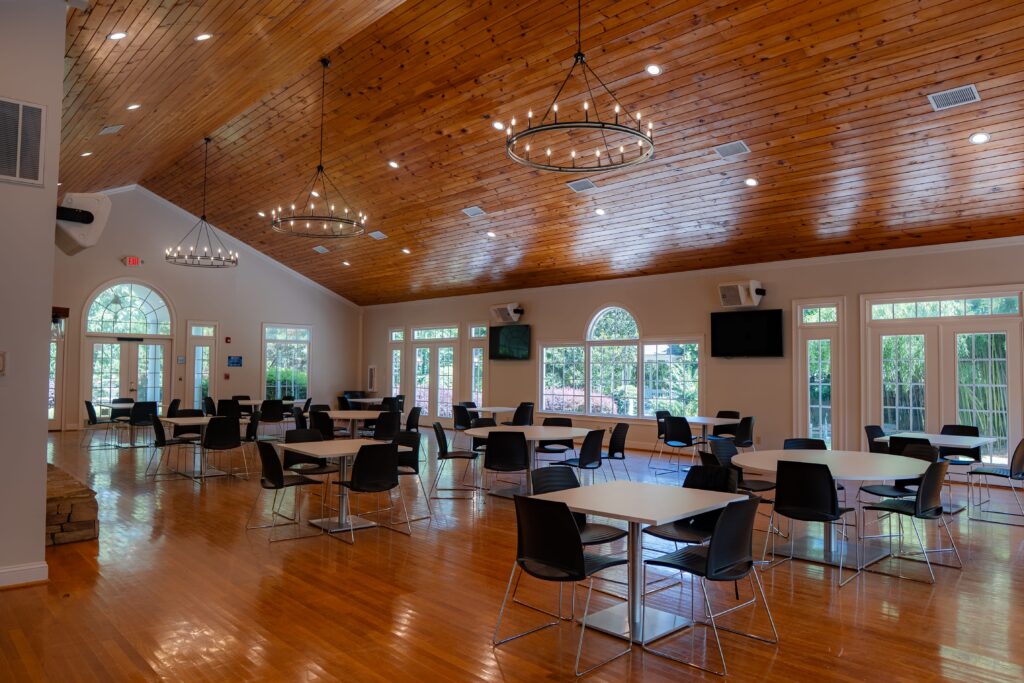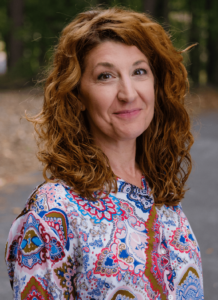Recover From OCD Today
OCD Treatment in Georgia
At Kingston Wellness Retreat, we specialize in providing compassionate, comprehensive care for individuals struggling with Obsessive-Compulsive Disorder (OCD).
At Kingston Wellness Retreat, we specialize in providing compassionate, comprehensive care for individuals struggling with Obsessive-Compulsive Disorder (OCD).
As one of the leading OCD treatment centers in Georgia, our goal is to offer effective, evidence-based treatments that help you regain control over your life. Whether you are dealing with severe obsessions and compulsions or mild symptoms that still interfere with your day-to-day activities, we are here to help.
Learn more about our Georgia mental health programs or call us now at (770) 275-1733.
What is Obsessive-Compulsive Disorder?
Obsessive-Compulsive Disorder (OCD) is a chronic mental health condition characterized by recurring, unwanted thoughts (obsessions) and repetitive behaviors (compulsions) that individuals feel driven to perform. These behaviors are often time-consuming and can severely impact a person’s quality of life. OCD affects people of all ages and backgrounds and can significantly interfere with work, school, and personal relationships if left untreated.
OCD is more than just being orderly or having specific preferences. It’s a mental disorder that requires professional treatment.
At our OCD treatment center in Georgia, we aim to help individuals break free from the cycle of obsessive thoughts and compulsive behaviors through specialized therapies tailored to each client’s needs.
What Are Obsessions in OCD?
Obsessions are intrusive, persistent thoughts, images, or urges that cause significant distress. People with OCD are unable to dismiss these thoughts, leading to intense anxiety.
Common obsessions in OCD include:
- Fear of contamination (germs, dirt)
- Doubts about whether certain tasks have been completed (locking doors, turning off appliances)
- Unwanted aggressive or sexual thoughts
- Needing things to be symmetrical or in a perfect order
- Fear of harming oneself or others
Obsessions can make individuals feel overwhelmed, making daily tasks difficult to manage without constant interruptions from these unwanted thoughts.
What Are Compulsions in OCD?
Compulsions are repetitive behaviors or mental acts that an individual feels compelled to perform in response to an obsession. These actions are intended to reduce the distress caused by the obsessions, but they often provide only temporary relief.
Common compulsions in OCD include:
- Excessive hand washing or cleaning
- Repeatedly checking things (doors, stoves, lights)
- Counting, tapping, or repeating certain actions
- Arranging items in a specific, perfect order
- Mentally reviewing or repeating words or phrases to neutralize obsessive thoughts
The cycle of obsessions and compulsions can be exhausting, leading to increased stress, frustration, and isolation. It’s important to understand that without proper treatment, this cycle can continue to worsen over time.
Our OCD Treatment Programs in Georgia
At Kingston Wellness Retreat, we offer a range of programs designed to meet the individual needs of those seeking OCD treatment. Whether you require intensive residential care or a more flexible outpatient option, we provide the support and therapies needed to help you on your recovery journey.
Residential Treatment
Our residential OCD treatment program is ideal for individuals with severe symptoms who need 24/7 care in a structured environment. This program provides immersive treatment, combining therapy, medical care, and holistic services to help clients manage their OCD. With round-the-clock support, residential treatment is a crucial step for those whose OCD symptoms significantly impact their daily lives.
Partial Hospitalization Program (PHP)
Our Partial Hospitalization Program in Georgia offers comprehensive treatment for those who require significant support but prefer to maintain some level of independence. This program allows clients to receive intensive therapy during the day and return home in the evening. PHP is an excellent option for those transitioning from residential care or those needing structured support without full-time residential treatment.
Intensive Outpatient Program (IOP)
Georgia IOP is a flexible treatment option that provides clients with therapy sessions multiple times a week, allowing them to continue their daily responsibilities, such as work or school. This program is ideal for individuals with moderate OCD symptoms who can manage some aspects of their life but still need structured treatment to address their obsessive-compulsive behaviors.
Outpatient Program (OP)
Our outpatient program is designed for individuals with mild to moderate OCD symptoms who require minimal supervision. Clients in this program attend therapy sessions as needed while continuing to live at home. Outpatient treatment is ideal for those seeking ongoing support as they progress through their recovery journey.
Barriers to OCD Treatment
Unfortunately, many individuals with OCD delay seeking treatment due to a lack of understanding, embarrassment, or fear. Some might not recognize that their symptoms are part of a treatable disorder, while others may fear judgment or believe they can manage the symptoms on their own. These barriers can prolong suffering and allow OCD to worsen over time.
At Kingston Wellness Retreat, we work hard to break down these barriers by offering a safe, supportive, and non-judgmental environment where individuals can feel comfortable seeking help.
How We Treat OCD
Our approach to OCD treatment is holistic and evidence-based, utilizing a range of therapies designed to address the specific needs of each client.
Some of the therapies we provide include:
- Cognitive Behavioral Therapy (CBT): CBT is the gold standard for OCD treatment. This therapy helps individuals understand the connection between their thoughts, feelings, and behaviors. Through CBT, clients learn to challenge their obsessive thoughts and reduce the behaviors driven by these thoughts.
Exposure and Response - Prevention (ERP): ERP is a specialized form of CBT that involves gradually exposing clients to their fears while helping them resist the compulsive behaviors that typically follow. This process helps individuals build resilience against their OCD triggers.
- Group Therapy: Group therapy provides a supportive environment where individuals can share their experiences and learn from others facing similar challenges. It also helps reduce feelings of isolation.
- Individual Therapy: One-on-one individual therapy sessions provide clients with a safe space to explore their obsessions and compulsions in depth, develop coping strategies, and work toward recovery goals.
Do Medications Help Treat OCD?
In many cases, medication can be an important component of OCD treatment. Antidepressants, specifically selective serotonin reuptake inhibitors (SSRIs), are often prescribed to help manage symptoms by regulating serotonin levels in the brain. Medications can be especially helpful when combined with therapies like CBT and ERP, but it’s important to consult with a healthcare provider to determine the best treatment plan for you.
Does OCD Get Worse if Not Treated?
Yes, OCD can worsen if left untreated. Without professional intervention, the cycle of obsessions and compulsions may become more entrenched, leading to increased distress and impairment in daily functioning. Over time, untreated OCD can also lead to other mental health issues, such as depression, anxiety, or substance abuse.
How Do I Know I Need OCD Treatment?
If you find that your obsessions and compulsions are taking up significant time and interfering with your ability to live a fulfilling life, it may be time to seek treatment.
Signs that you might benefit from professional help include:
- Spending more than an hour a day on obsessive thoughts or compulsive behaviors
- Experiencing distress or anxiety that is difficult to manage
- Feeling unable to control your thoughts or behaviors
- Avoiding certain situations or people due to OCD symptoms
Is OCD Treatment Effective?
With the right treatment, OCD can be managed effectively. Many individuals experience significant improvement in their symptoms through a combination of therapy, medication, and lifestyle changes.
At Kingston Wellness Retreat, our evidence-based treatment programs are designed to help individuals regain control over their lives and learn the tools needed to manage their OCD long-term.
Mental Health Treatment
Get Help Now
If you or a loved one is struggling with mental health issues or dual diagnosis disorders and seeking a balanced approach to recovery, we can help.
Begin OCD Treatment in Georgia Today
Mental Health Programs

At Kingston Wellness, our mental health treatment programs are aimed at providing maximum healing and comfort, so you can recover in peace.
Tour Our Facility

Located in the scenic heart of Georgia, our facility offers access to the natural beauty and soothing mountains of North Georgia.


